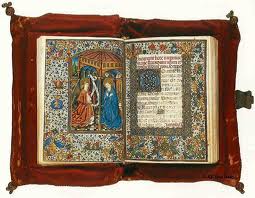Brothers and Sisters,
It's been nearly a year since my last posting. I hope you are well, active in the faith, and full of love for each other. I've been taking this past year to reflect my personal situation in life concerning my relationship with God, family, and others. I've also taken a self inventory of virtue versus vice. I've taken a beating in my faith over past year. Over this time I've come to doubt nearly all our Church teaches us to be true, good, and worth dying for. I've failed the Lord in so many ways, that as the prodigal son, I've realized no material good in this world can satisfy my hunger for joy and happiness. As the great scholars and saints have pointed out, it is man's desire to find the joy only God can provide. We are made for God. As St. Augustine said, "Our hearts are restless until they rest in you, oh Lord". Friends, I've been restless. I've been a terrible sinner. I've been a terrible father, husband, friend, son, Christian, steward, and human. I have had my fill of wondering through the desert in search of the next pleasurable thing to feed a temporary need. Only God gives us what we need and it's ever-lasting.
My next step is to go to the Sacrament of Reconciliation. I've longed for the Eucharist over the past year. It's now time to receive Him again.
Peace,
IB

_1130_-_Our_Lady_of_Salvation.jpg)

